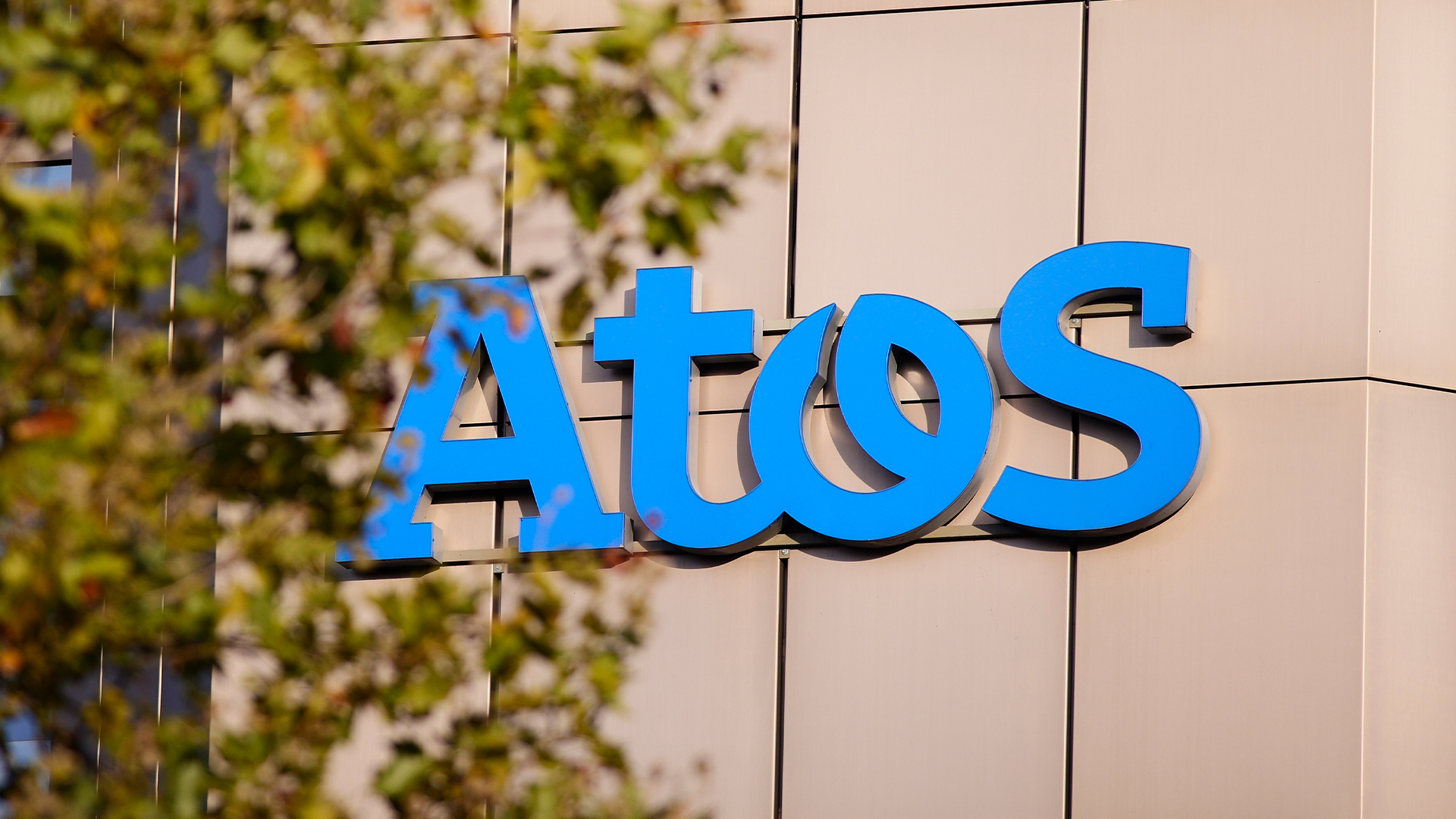What’s going on with Atos?
Atos has had a rough few years and is on the brink of collapse after a series of failed deals - and there's no clear sign things will improve for the beleaguered French tech giant


Sign up today and you will receive a free copy of our Future Focus 2025 report - the leading guidance on AI, cybersecurity and other IT challenges as per 700+ senior executives
You are now subscribed
Your newsletter sign-up was successful
French IT company Atos continues to tread water as firms work to save the struggling business, but what happened to the multinational tech giant?
Founded in 1997, the company went on to be recognized as an IT powerhouse as it grew with a series of transformations and notable acquisitions, including the purchase of Siemens IT Solution and Services in 2011 and French supercomputing company Bull in 2014.
Atos experienced rapid growth throughout the 2010s amid a period that saw the firm acquire Xerox ITO in 2014 and Syntel in 2018. Across this period, the French company invested heavily, having paid more than $4.4 billion for Xerox and Syntel combined.
The company’s value surged accordingly, with Atos entering France’s blue-chip CAC 40 index in 2017 and reporting revenues of over $12 billion in 2022. By 2022, Atos boasted 100,500 employees around the world.
But the French IT giant’s fortune would quickly change. A major $10 billion effort to acquire DCX Technology that would have seen the company almost double in size fell through in 2021.
DCX declined the bid by Atos, labeling the offer as inadequate, and both parties agreed to end further negotiations soon after.
A bad year for Atos, 2021 also saw the company lose over $1 billion in market value after news emerged that auditors had discovered a number of accounting errors at two of its US assets.
Sign up today and you will receive a free copy of our Future Focus 2025 report - the leading guidance on AI, cybersecurity and other IT challenges as per 700+ senior executives
Atos stock fell by over 10% directly after it disclosed the accounting discrepancies, which the company claims were related to revenue recognition.
A flurry of leadership changes have also defined recent years at Atos, cycling through five CEOs over the previous two and a half years and demonstrating the company’s lack of a firm vision for the future, which only knocked investor confidence further.
Analysts have pointed to Atos’s failure to reorient its operating model to adapt to the cloud computing shift that occurred over the previous decade as another factor that contributed to dwindling profits and ballooning debt.
An Atos rescue operation is underway, but the path to stability remains uncertain
Atos’s future looks to be reliant on restructuring, securing new funding, and rebuilding investor confidence.
On 28 February 2024, Atos confirmed its negotiations to sell its legacy infrastructure, comprising its data center and hosting services, to investment firm EPEI for a reported $2 billion, had fallen through.
A month later on 19 March, talks with Airbus to buy the Atos BDS unit in a deal worth somewhere in the region of €1 - 2 billion collapsed. According to reporting from Reuters, a person familiar with the deal said Airbus had concerns relating to the ongoing turmoil surrounding Atos, as well as the complexity of the deal.
In late March, market research company Onepoint, a major Atos shareholder, said it was ready to lead a rescue plan consisting of a consortium of businesses looking to shore up the firm’s stability and protect “the integrity of its assets”.
RELATED WHITEPAPER

Atos’s close ties with France’s military and nuclear industries, as well as being responsible for the cyber security for the 2024 Paris Olympics, mean there are serious concerns in the French government about the IT company’s potential collapse.
French Prime Minister Gabriel Attal said on 3 April 2023 that the government’s priority was to stabilize Atos’’s financial stability, stressing that the company's strategic activities encompassing cyber security and supercomputing need to remain under French control.
Onepoint announced that investment firm Butler Industries would be joining a consortium of businesses looking to rescue the company. According to a statement from Onepoint, the consortium is interested in protecting and preserving all of the group’s assets.
On 8 April 2024, Atos presented its plan to refinance to creditors, in which it is seeking $600 million in cash as well as $600 million in credit lines and loan guarantees to keep the business afloat.

Solomon Klappholz is a former staff writer for ITPro and ChannelPro. He has experience writing about the technologies that facilitate industrial manufacturing, which led to him developing a particular interest in cybersecurity, IT regulation, industrial infrastructure applications, and machine learning.
-
 Channel your innovation: Why IT partnerships are essential for the future of retail
Channel your innovation: Why IT partnerships are essential for the future of retailIndustry Insights A shared understanding and commitment to overcoming hurdles is key
-
 Pulsant unveils high-density data center in Milton Keynes
Pulsant unveils high-density data center in Milton KeynesNews The company is touting ultra-low latency, international connectivity, and UK sovereign compute power to tempt customers out of London